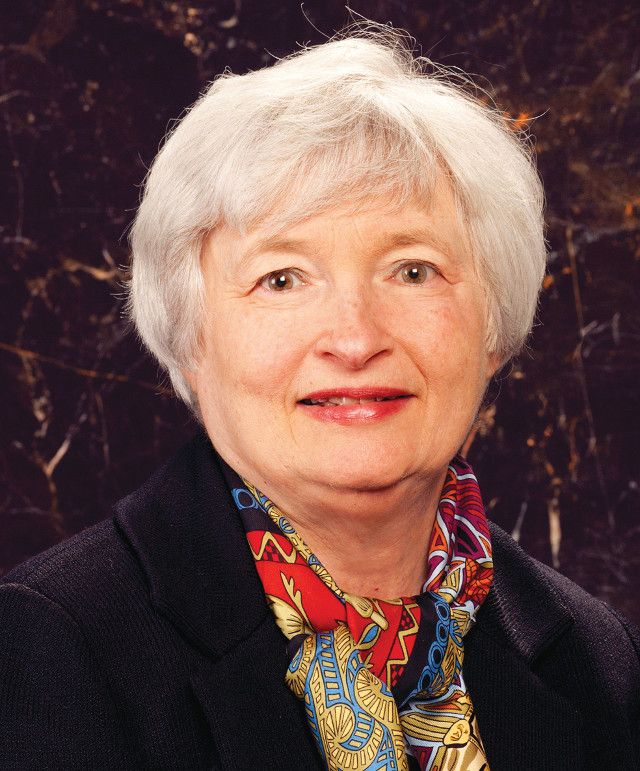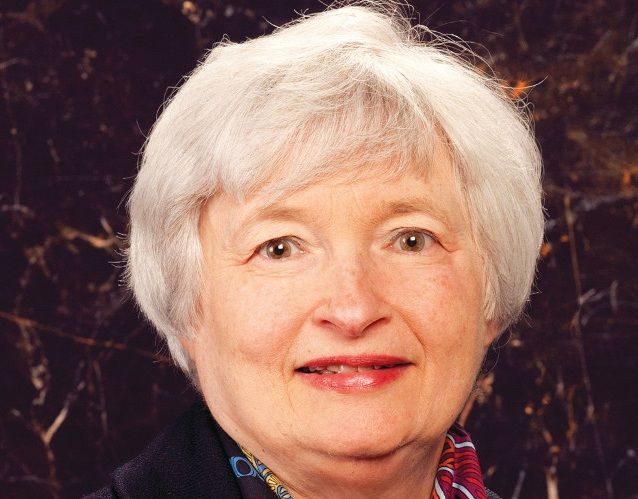Yellen to quit Fed board
Janet Yellen has decided to step down as a member of the Federal Reserve board once her successor Jerome ‘Jay’ Powell becomes chairman.

Janet Yellen has decided to step down as a member of the Federal Reserve board once her successor Jerome ‘Jay’ Powell becomes chairman.

US president Donald Trump may be touting his pick for Federal Reserve chair as an “anxiously awaited” event, but how are investors preparing for Thursday’s big reveal?

Federal Reserve chair Janet Yellen offered the market a hawkish message on Tuesday as she indicated the US economy might be poised for a series of gradual interest rate increases, starting as early as next month.

The dollar surged this morning on the back of only the second Fed rate rise since the 2008 financial crisis.

Speaking at the annual Jackson Hole symposium, Federal Reserve Chair Janet Yellen said the solid performance of the United States labour market and current economic outlook mean the case for an increase in the federal funds rate has ‘strengthened in recent months.’

Janet Yellen’s Economic Club of New York speech provided a timely reminder that the Fed continues to dictate markets. This contrasts with the waning credibility of her counterparts in Europe and Japan.

There appears no way back now that Janet Yellen and her Federal Reserve colleagues have all but committed to raising rates on 16 December, and a quarter point rise is largely priced into markets already.

A rate rise by the Fed is long overdue, fund selectors in the Netherlands believe. Fund managers attending the Expert Investor Netherlands conference agreed and fiercely criticised the central bank for its alleged ‘backward guidance’.

The events of recent weeks could lead investors to draw a stark conclusion; there is no such thing as a ‘safe haven’ in investment terms any more.

The past few weeks have been somewhat of a roller-coaster ride for investors.

Relentless easy monetary policies and short term rates at virtually have kept market volatilities at remarkably low levels. Preparing for the next spike may not be such a bad idea as the effects of central banking measures start to wane.